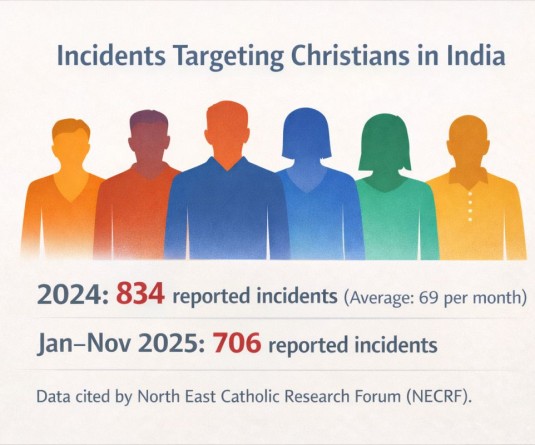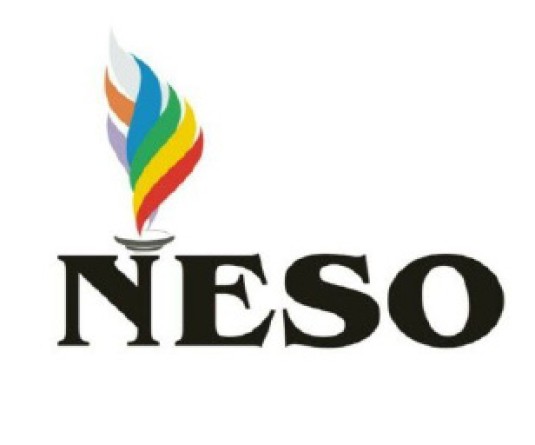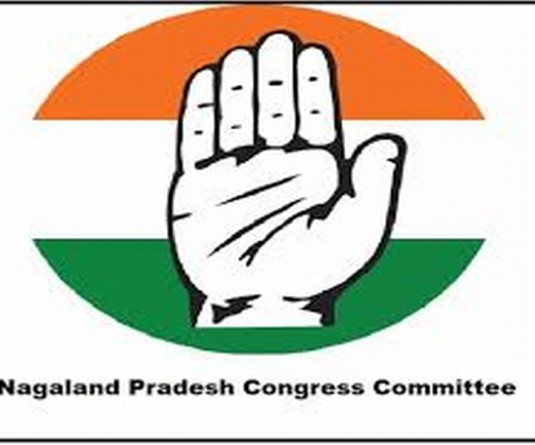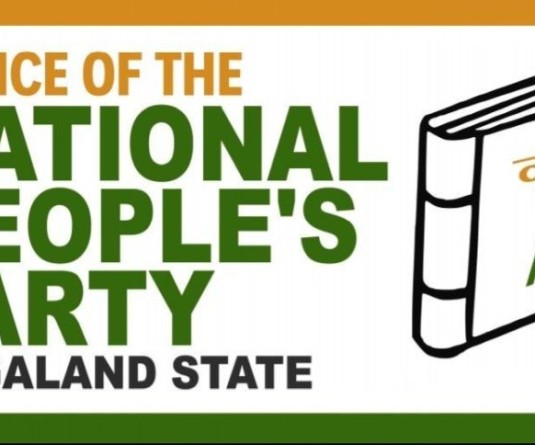KOHIMA/DIMAPUR, AUGUST 11 (MExN): Kohima Law College and Patkai Christian College commemorated the ‘International Day of the World’s Indigenous Peoples’ on August 11.
At Kohima Law College, Assistant Professor Kezhokhoto Savi who was the speaker for the occasion said indigenous peoples are generally regarded as the “original inhabitants” of a territory or region and are practitioners of unique cultures and ways of relating to people and the environment. They, however, face discrimination because of their distinct cultures, identities and ways of life, and are disproportionately affected by poverty and marginalization, accounting for 15 per cent of the world’s poorest population.
While appreciating the state government for taking the initiative of Register Indigenous Inhabitants of Nagaland (RIIN) Savi, urged the original inhabitants Nagas of Nagaland to seriously ponder on the proposed RIIN.
He also cautioned the indigenous inhabitants of Nagaland not to allow any mechanism to exploit the rights of the indigenous inhabitants of the land by stressing strongly that RIIN is entitled only for Nagas of Nagaland.
Savi said “the dateline of the year of settlement must not qualify a non-Naga/non-indigenous for the proposed registration. Every citizen has its own origin and he/she is the indigenous of the origin or ancestral land and therefore, any citizen coming to settle in another land temporary/permanently may not claim the title of ‘indigenous’ as he/she continually holds ‘indigenous’ of his/her original land.
In order to avoid holding of wrongful indigenous certificate, the village councils, and wards/colony must take precaution so as not to issue any certificate to the non-entitled person such as residential certificate, etc, Savi urged. He also discouraged the practice of adoption especially the non-nagas or non-indigenous person or child.

Savi further stated that Article 371A is a special provision provided to the Nagas of Nagaland to protect the rights of Naga indigenous inhabitants of Nagaland and their own way of life, its land, resources, etc., which was inserted in Part XXI of the Constitution of India and is an outcome of an agreement between the Government of India and the leaders of the Naga People’s Convention.
In dealing with article 371A (IV) ownership of land and its resources, Savi highlighted that the Nagaland Land and Revenue Regulation (Amendment Act) 1978 provides that only the Naga indigenous inhabitants of Nagaland shall own land and not the non-indigenous inhabitants of Nagaland.
At Patkai Christian College, a seminar on the topic "Indigenous youth as agents of change for self- determination" was held in conference hall by the Department of Philosophy. Paper presentation was made by three students of philosophy 5th semester.
The first presenter, Azakali spoke on the brief history on the origin of the Indigenous people. The origin of the International Day of the World’s Indigenous Peoples traced back to the efforts of the United Nation working Group on Indigenous populations (INGIP) established in 1982.
In December 23, 1994 the UN General Assembly proclaimed the International Day of the World’s Indigenous people’s with the inaugural celebration taking place on August 9, 1995. She pointed out the term indigenous people are the first to live in a particular place, the original population that first created a communally on the land before the other people came to live in, conqueror or colonise the area.
The second presenter, Chonben who spoke on the impact of globalization on indigenous people pointed out that globalisation has impacted indigenous people in various ways such as encroaching on the resource-rich lands, threatening the traditional sovereignty, exposing to industrial extraction of natural resources and enabling the patenting of genetic resources.
Chonben also stressed on the concerns of globalisation which has led to modifying the tradition and culture of Naga societies leading to great transformation in economic, socio- cultural aspect , politics, religious- ethical, moral value and belief system.
The third presenter, Shongmao who spoke on a philosophical enquiry on indigenous people and human rights said human rights are rights inherent to all human beings regardless of race, sex, nationality, ethnicity, language, religion or any other status.
She pointed out on the challenges faced by the indigenous people issues such as exploitation of the labours of the land, exploitation of the natural resources, extreme poverty, loss of lands and habitats, changes in laws etc. Dr Wojanbeni S Yanthan, Assistant Professor moderated the programme.


.JPG)




